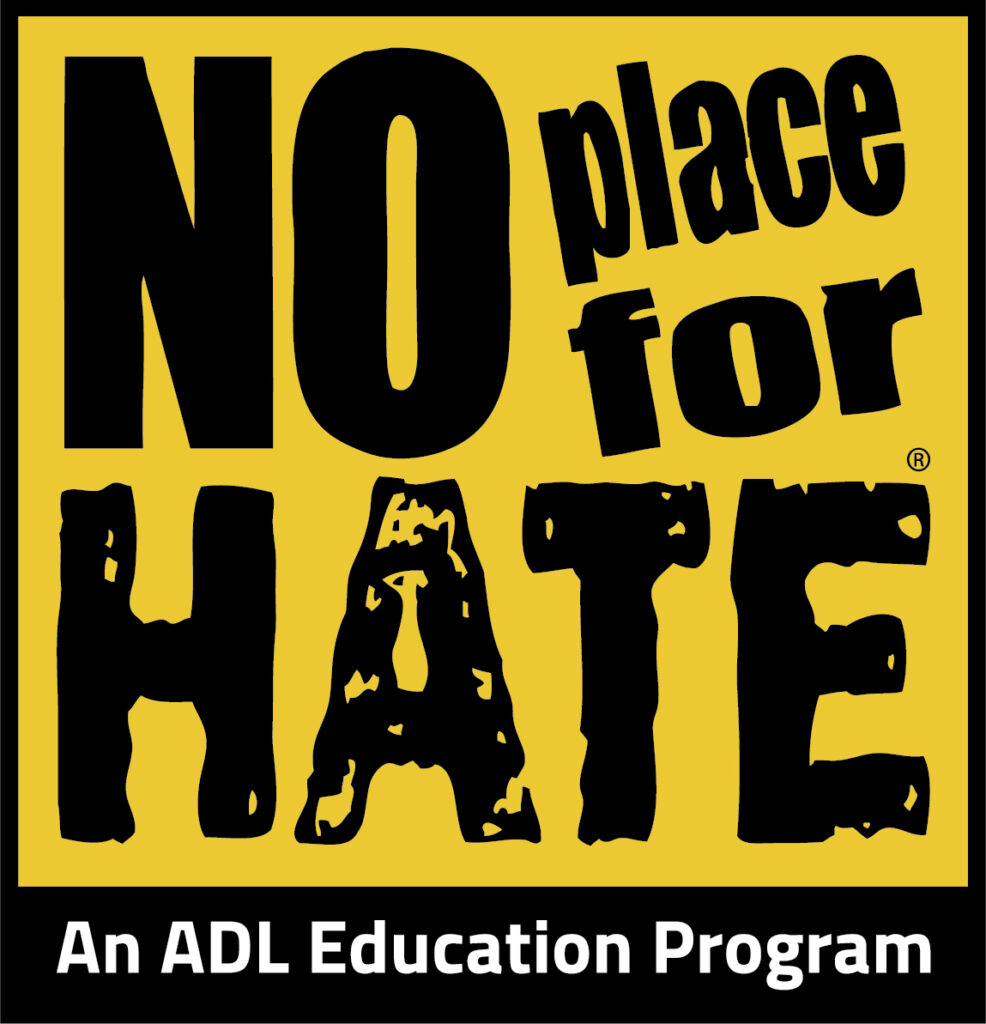 Jewish Federation works with cities and agencies to create awareness
Jewish Federation works with cities and agencies to create awareness
Since the Hamas massacre in Israel on October 7, U.S. antisemitic incidents reached the highest number of incidents during any two-month period since ADL (the Anti-Defamation League) began tracking in 1979, according to preliminary data.
In the three months following the massacre, ADL recorded 2,031 antisemitic incidents, up from 465 incidents during the same period in 2022, representing a 337-percent increase year-over-year. This includes 40 incidents of physical assault, 337 incidents of vandalism, 749 incidents of verbal or written harassment, and 905 rallies including antisemitic rhetoric, expressions of support for terrorism against the state of Israel and/or anti-Zionism. On average, in the last 61 days, Jews in America experienced nearly 34 antisemitic incidents per day.
“This terrifying pattern of antisemitic attacks has been relentless since the Israel-Hamas war began on Oct. 7, with no signs of diminishing,” said Jonathan Greenblatt, ADL CEO. “The lid to the sewers is off, and Jewish communities all across the country are being inundated with hate. Public officials and college leaders must turn down the temperature and take clear action to show this behavior is unacceptable to prevent more violence.”
Jason Moss, executive director of the Jewish Federation of the Greater San Gabriel and Pomona Valleys, has remained focused on protecting the community with the help of the intelligence and weight of the Anti-Defamation League, the expertise of the Jewish Federation of Greater Los Angeles’ Community Security Initiative, and the resources of Community Security Service as part of the Southern California Jewish Security Alliance. The objective is to let people know what they can do to reduce hate, such as reporting incidents and making authorities aware of them, he said.
According to Moss, “This alliance aims to have a fully integrated security network to better protect and respond to any threat targeted at a Southern California Jewish organization. This alliance will also benefit the work we have been doing locally with our Community Security Committee these last several years. This committee, chaired by Gabi Kovnator, brings together the representatives from each of our community’s synagogues responsible for handling security at their respective institutions. By bringing them together, they are able to learn from one another by sharing ideas and ultimately keeping the members of their community safer.”
County Supervisor Kathryn Barger recently named Moss a commissioner to the LA County Commission on Human Relations. As he explained, “The mission of this commission is to promote better human relations in LA County and help build vibrant, thriving communities by working to transform prejudice into acceptance, inequity into justice, and hostility into peace. In many ways, this appointment will be an extension of the work our Jewish Federation has been doing to combat antisemitism and all forms of hate in the greater San Gabriel and Pomona Valleys for the last several months.”
Moss related that antisemitism has been on the rise since 2016. Since March, the Jewish Federation has been getting cities to adopt resolutions. “The more allies we gain, the more we can take action against hate,” he said.
The Federation is also working on making things better on college campuses, where “the rate of incidents is something we’ve never seen before,” Moss said. He believes that universities “have been ill-prepared” to deal with the situation and have not held to policies to protect people.
Moss added, “They don’t hold people accountable for the impact of hate speech. They hide behind the mantra of free speech. Hate speech crossed the line. We know that students are afraid to express themselves and feel intimidated.”
Jewish Federation is working with ADL and Hillel to confront college and university administrators to hold the line on hate speech, but Moss revealed that the problems are at elementary, middle, and high schools as well. Jewish Federation meets with school administrators to “address the climate of hate and its impact on people.” Most are extremely responsive and thankful, but peer-to-peer interactions are more challenging, according to Moss.
“ADL’s No Place for Hate program is a great way to shift the climate at schools,” Moss added. “Kids are bombarded and school administrators need help. Some are proactive, and some need more guidance. We’re getting a lot of appreciation from families who feel that they’re not alone.”
The approach is what can we do moving forward, he said. While the schools try to engage with students while they are at school, the students hear things at home.
“Our challenge is to help non-Jewish families to understand our concern,” Moss concluded.
Ilene Schneider has been chronicling Jewish life in Southern California for five publications since 1978. She has served as a communications consultant for a number of Jewish organizations. She is a contributing writer to Jlife Magazine.









